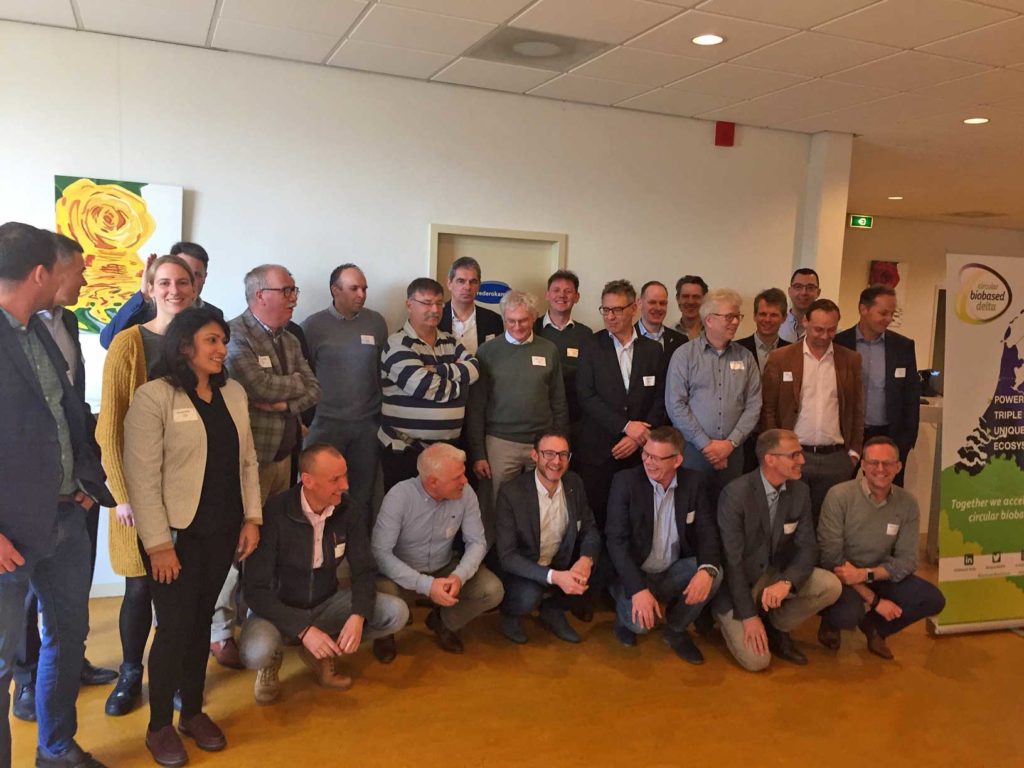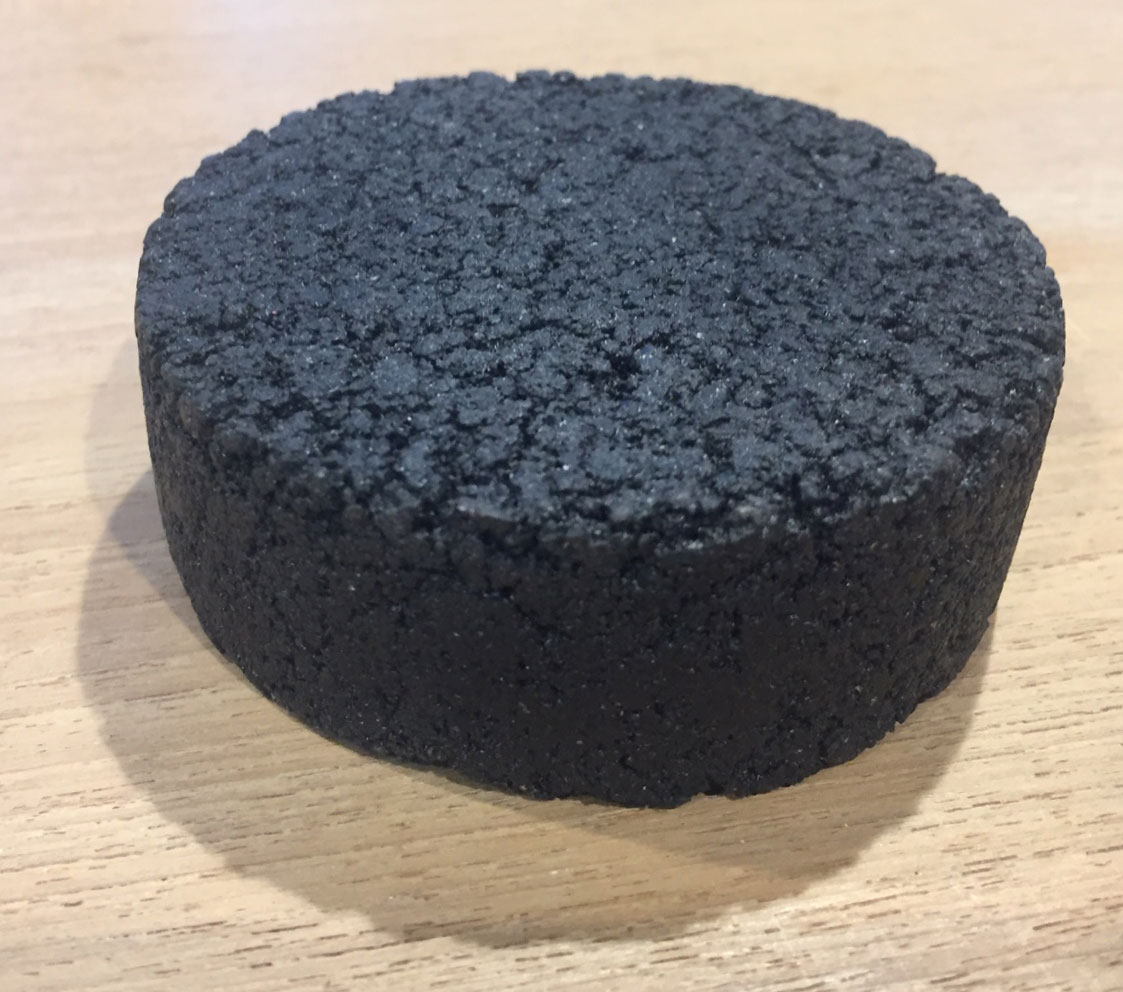One third of the trees and plants around us consist of lignin. It is one of the most common raw materials in nature,’ Programme Manager Joop Groen explains. ‘It has excellent adhesive and protective properties. It keeps the plant’s fibres together and protects plants against external influences. It fulfils exactly the role in the plant that we ask bitumen to perform in asphalt. At the same time, bitumen is a petroleum product that is becoming increasingly scarce. This is why the CHAPLIN consortium wants to replace a large share of the bitumen with lignin. Not as a filler in the asphalt mix, but as a functional component. We expect to be able to create a bio-asphalt with premium properties. Things that come to mind, for example, include a longer road surface service life, less traffic noise and a reduction in vehicle rolling resistance resulting in reduced fuel consumption.’
CHAPLIN (Collaboration in aspHalt APplications with LIgniN) is a long-term flagship programme of Circular Biobased Delta that currently has two projects underway: CHAPLIN TKI and CHAPLIN XL. The latter project, with a budget of several millions of euros and a generous grant provided by the Netherlands Enterprise Agency (RVO), aims to accelerate innovation through means of practical research. The first test lane was constructed five years ago with a limited number of partners. In addition, a lignin-based bicycle path has already been in use for some time with promising results. Since last year, the CHAPLIN consortium comprises more than 20 partners from the entire value chain and aims to achieve new results.
Issues
‘We are replacing fossil with biobased,’ says Groen. ‘However, before we can introduce the product to the market, we need to solve a number of issues. For example, what types of lignin are most suitable? We are primarily looking at lignins produced by Dutch biorefineries, such as Avantium, Vertoro or Biond Oil. In addition, we are investigating whether our bio-asphalt is suitable for the road’s intermediate layers and substrates, and not just for the road’s surface. Furthermore, we are going to set up well-thought-out lifecycle and techno-economic analyses. These are important steps in the permit application process and in determining whether it is economically feasible. The fact that we have parties onboard who are going to be the ultimate customers is naturally also an advantage.’
This article was created in collaboration with Circular Biobased Delta.
Image: Andrew Ostry/Shutterstock







